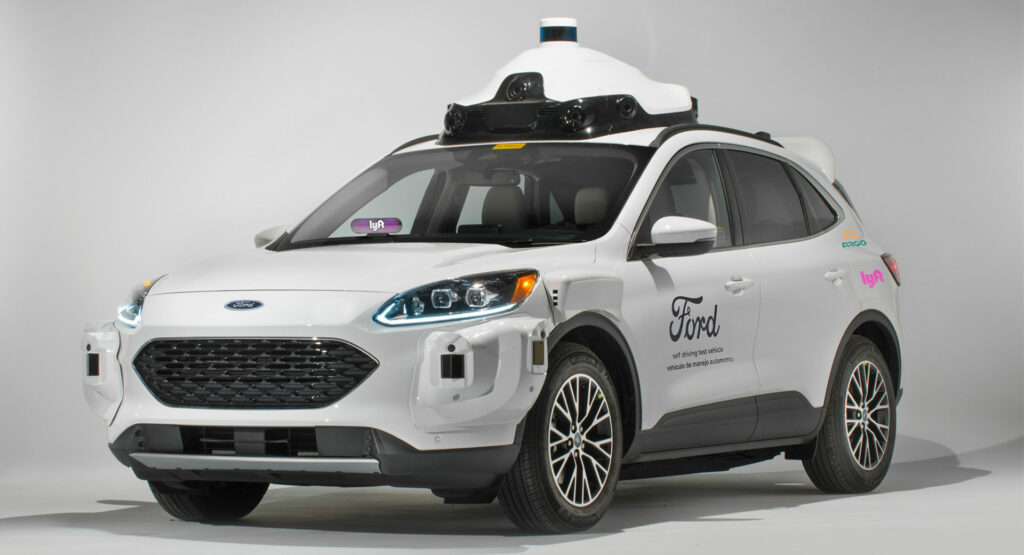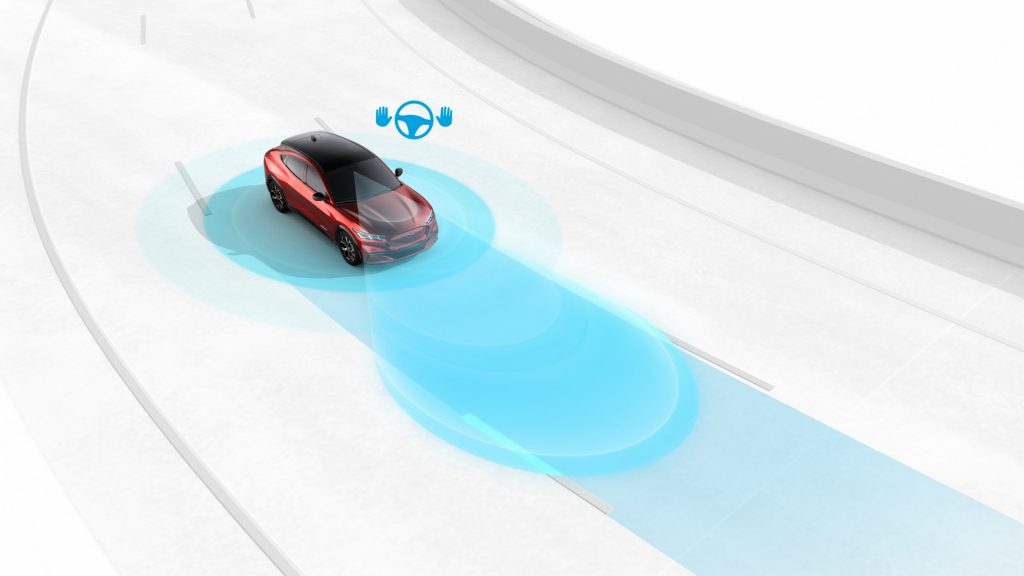Ford no longer wants to be exempted from safety standards that would have allowed it to test self-driving vehicles on U.S. roads. Had Ford been approved by the NHTSA, the company would have been permitted to test up to 2,500 autonomous vehicles annually.
Ford’s shift away from testing fully-autonomous tech is due to a wider strategy change that will see less emphasis placed on Level 4 automation for commercial fleets and a renewed focus on developing Level 3 driver assistance systems for privately owned cars. The initial petition had been filed in July 2021 and would have been used to trial ridesharing and package delivery.
Related: Ford Forms New Latitude AI Division To Develop Automated Driving Tech

The news comes as no surprise, with the Blue Oval pulling the plug on the Ford/VW-backed Argo AI team last year. Argo AI had been in a fierce battle with GM-backed Cruise, competing to develop driverless technology. But later Ford felt that the profitability of Level 4 autonomous tech on a commercial level was still several years off. Ford will now focus on its BlueCruise tech via its Lattitude AI division for the medium term.
While other automakers such as Tesla and Mercedes-Benz continue to pursue Level 4 autonomous driving, there’s no clear path to a short-term solution as yet. While with Mercedes, some S-Class and EQS models can autonomously stow themselves at a parking garage in Germany, we’re yet to see widespread implementation. Similarly, Tesla’s “Full Self Driving Beta” program is still at Level 2.
Unlike Level 3 autonomous vehicles, Level 4 cars do not require human interaction in most circumstances and have been proposed for rideshare and robotaxi applications. GM-backed Cruise is still looking for a similar exemption from safety standards. If approved, the Cruise vehicles deployed will not feature a steering wheel, pedals, manual turn signals, or mirrors.





